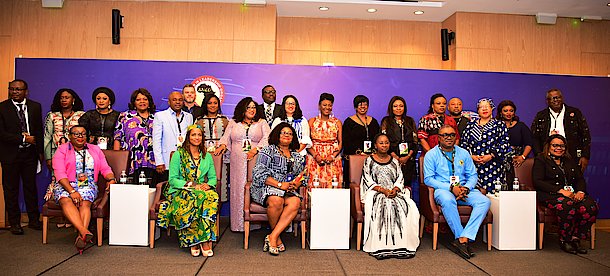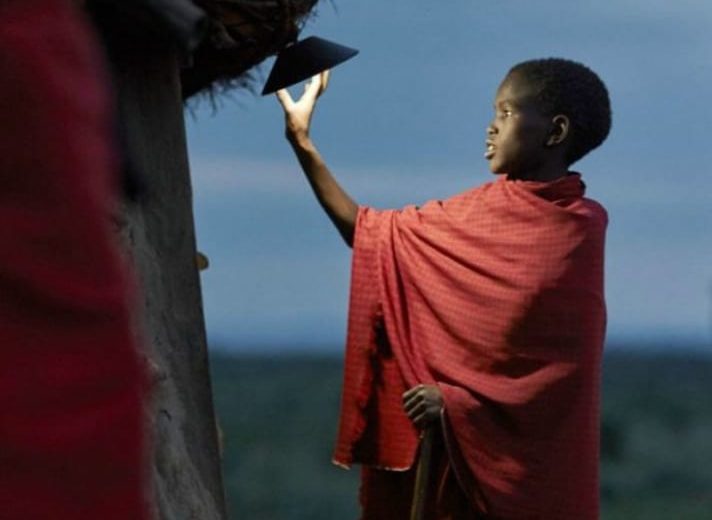Ghana’s education sector has undergone a remarkable transformation in recent decades. From facing challenges of access, quality, and equity, the country has witnessed significant progress in education outcomes. This advancement can be attributed, in part, to the strategic partnership between Ghana and the World Bank.
Ghana’s education system has faced numerous hurdles. Limited access, particularly at the secondary level, resulted in high drop-out rates. The quality of education varied significantly across regions and demographics, leading to inequalities in learning outcomes. Additionally, the education system struggled to keep pace with the evolving needs of the job market, leaving graduates underprepared for the workforce.
Recognizing the importance of education for national development, Ghana embarked on a series of education reforms with the World Bank’s support. This collaboration began in the late 1990s and has continued to evolve. Here are some key areas of intervention:
Financing Education: The World Bank provided financial assistance through various channels, including budgetary support and targeted project funding. This support played a crucial role in expanding access to basic education, particularly for girls and children in rural areas. An example is the Capitation Grant which was introduced and provided direct funding to schools based on student enrollment, incentivizing schools to increase enrollment, especially for girls.
Improving Teacher Quality: Teacher training, professional development, and improved working conditions were prioritized. The World Bank supported programs to enhance teacher skills, pedagogy, and subject knowledge. For instance, the Teacher Education Improvement Project (TEIP) which was launched in 2007 aimed to strengthen teacher training institutes and improve the quality of pre-service teacher education.
Curriculum Reform: The curriculum was revised to be more relevant to the 21st century skills needed for success in the job market. The World Bank provided technical assistance in curriculum development and assessment processes. The introduction of the Competency-Based Curriculum (CBC) in 2019 emphasizes critical thinking, problem-solving, and communication skills, preparing students for a wider range of career opportunities.
Expanding Access to Secondary Education: Recognizing the importance of secondary education for long-term development, the World Bank supported initiatives to increase access and affordability. The Secondary Education Improvement Project (SEIP) provided funding for infrastructure development, scholarships, and teacher training programs in underserved areas, leading to a significant rise in secondary school enrollment rates.
Furthermore, the World Bank’s collaboration with Ghana has yielded positive outcomes across various metrics:
Increased Enrollment Rates: Ghana has achieved significant progress in achieving universal primary education. Primary school net enrollment rates have surpassed 90%, ensuring greater access to education for all children. Similar advancements are being witnessed at the secondary level.
Improved Completion Rates: Initiatives to improve learning quality and address dropout factors have led to a rise in completion rates. More students are now completing primary and secondary education, equipping them with essential life skills.
Enhanced Learning Outcomes: Standardized test scores offer evidence of improved learning outcomes. Students are demonstrating stronger competencies in core subjects, indicating a more effective education system.
Gender Parity: Efforts to promote girls’ education have yielded significant results. The gender gap in enrollment rates has narrowed considerably, contributing to a more equitable education system.
Despite the progress, challenges remain. Issues like teacher shortages in rural areas, the need for further curriculum refinement, and ensuring quality education for all children from diverse backgrounds demand ongoing attention.
Furthermore, the COVID-19 pandemic also disrupted learning processes, necessitating continued efforts to bridge learning gaps and strengthen online and remote learning opportunities.
A Collaborative Future
Ghana’s education journey continues. The World Bank remains a key partner in this endeavor. Future collaboration could focus on further scaling up successful programs, fostering innovation in education delivery, and strengthening public-private partnerships for resource mobilization. Additionally, a continued emphasis on equity is crucial to ensure that all children, regardless of background, have access to quality education.
Investing in the Future
Ghana’s education revolution serves as a powerful example of how international collaboration can fuel positive change. The World Bank’s strategic partnership with Ghana has played a significant role in expanding access, improving quality, and ensuring greater equity in education.
As Ghana strives to build a knowledge-based economy and secure a brighter future for its citizens, continued investment in education, with the World Bank’s continued investment in education, with the World Bank’s ongoing support, will be central to this journey. By nurturing a well-educated and skilled workforce, Ghana can unlock its full potential and empower its citizens to thrive in this 21st century.


